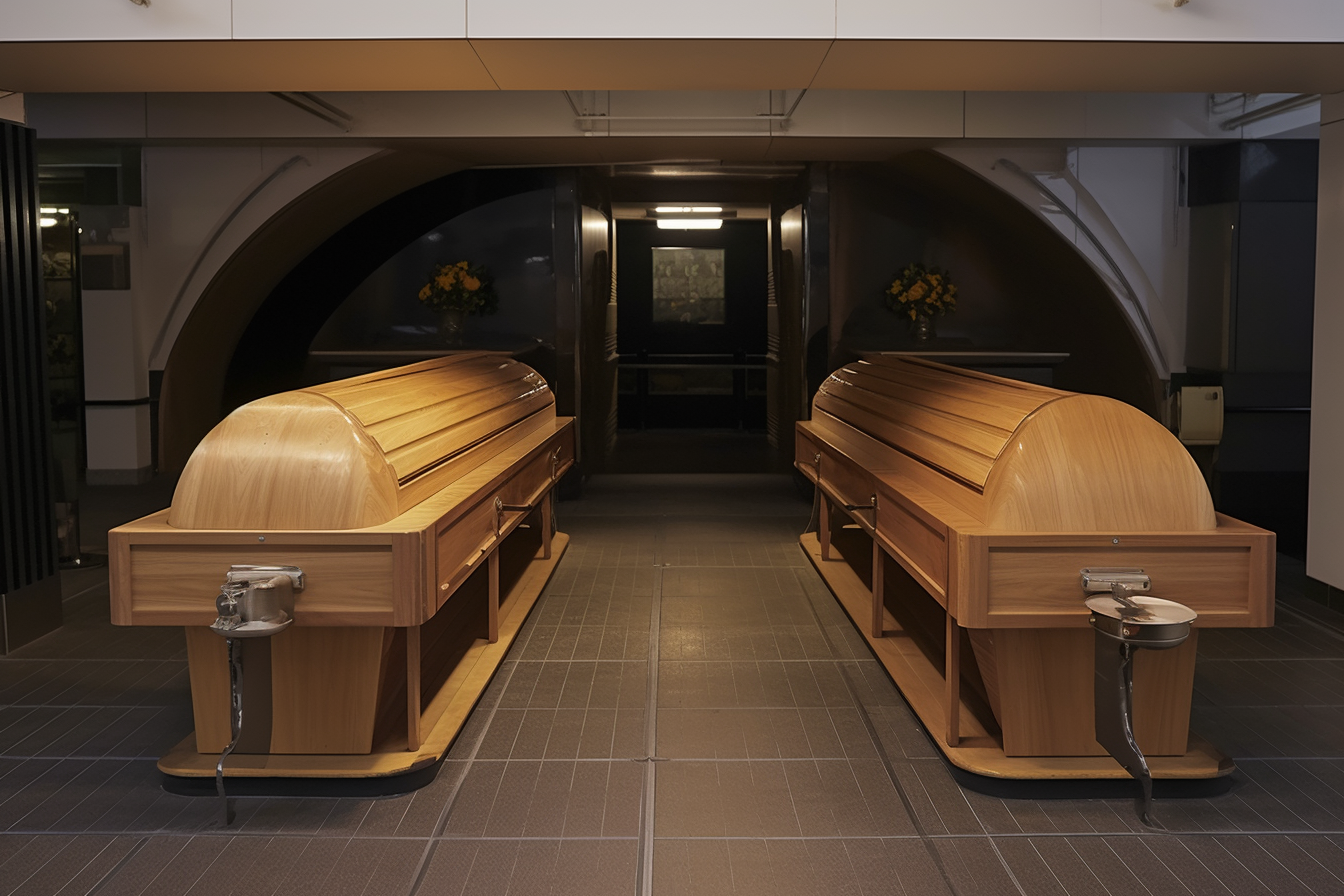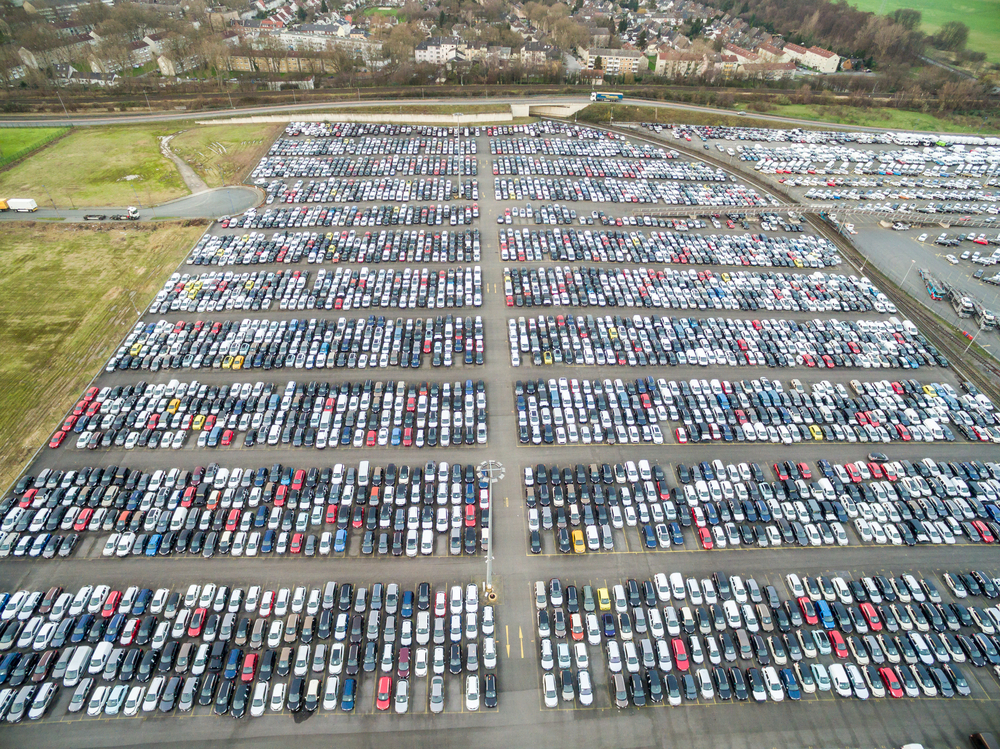Understanding Modern Cremation Services: A Comprehensive Guide
Cremation services have become an increasingly common choice for end-of-life arrangements, offering families a dignified and practical alternative to traditional burial. This process involves the transformation of human remains through controlled exposure to intense heat, resulting in bone fragments that are then processed into ashes. Understanding the various aspects of cremation can help families make informed decisions during difficult times.

What Are the Steps in the Cremation Process?
The cremation process follows a carefully regulated sequence of steps. Initially, proper identification and documentation must be completed, including obtaining necessary permits and authorizations. The deceased is then placed in a cremation container or casket made of combustible materials. Before the process begins, medical devices and certain personal items are removed. The actual cremation takes place in a specially designed furnace called a retort, where temperatures reach between 1,400 and 1,800 degrees Fahrenheit. The process typically takes two to three hours, followed by a cooling period.
How Much Does a Simple Cremation Cost?
Cremation costs vary significantly based on location and selected services. A direct cremation, which includes only the essential services, typically ranges from £1,000 to £2,500. Additional services such as viewing, ceremonies, or special urns can increase the total cost.
| Service Type | Basic Cost Range | Additional Services |
|---|---|---|
| Direct Cremation | £1,000 - £1,500 | No ceremony included |
| Traditional Cremation | £2,000 - £3,500 | Includes viewing and ceremony |
| Premium Package | £3,500 - £5,000 | Includes all services and premium urn |
Prices, rates, or cost estimates mentioned in this article are based on the latest available information but may change over time. Independent research is advised before making financial decisions.
What Is a Witness Cremation and Why Choose It?
A witness cremation allows family members to be present during the start of the cremation process. This option provides closure for some families and is particularly important in certain cultural and religious traditions. During a witness cremation, family members typically gather in a designated viewing area where they can observe the beginning of the process. This may include a brief ceremony or ritual before the cremation begins. Some facilities offer private rooms where families can gather beforehand and remain throughout the initial stages of cremation.
What Documentation Is Required for Cremation?
Before cremation can proceed, several essential documents must be obtained. These typically include:
-
Death certificate
-
Cremation application form
-
Medical certificates signed by two doctors
-
Authorization from the next of kin
-
Permission from the coroner if required
Understanding Final Disposition Options
After cremation, families have various options for handling the cremated remains. Common choices include:
-
Keeping the ashes in an urn at home
-
Scattering in a meaningful location
-
Interment in a columbarium
-
Creating memorial jewelry
-
Green disposal in designated natural areas
The decision about final disposition can be made well after the cremation, allowing families time to consider their options carefully. Many crematoria will store remains temporarily while families make their final arrangements. Local regulations may affect where and how remains can be scattered or interred, so it’s important to verify requirements in your area.




